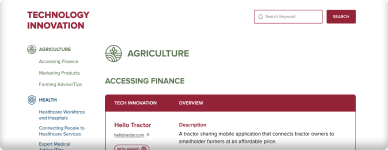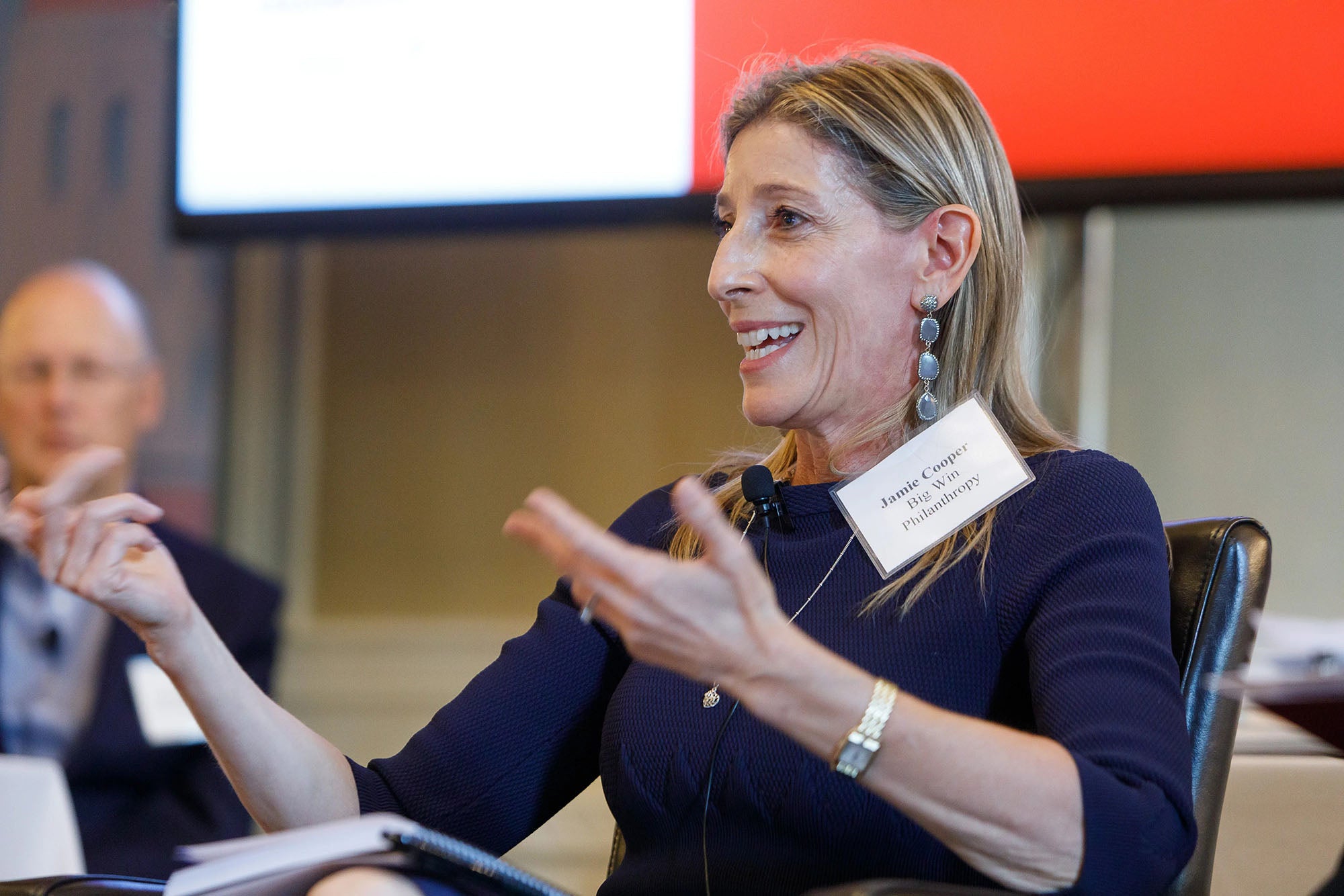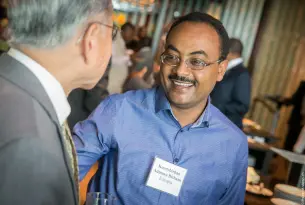Like virtually all philanthropists, I started out seeking the “best” projects to fund. I described myself as a mezzanine funder—I hunted for programs with evidence of impact and aimed to expand or replicate them. I never considered supporting or, frankly, even interacting with the public sector.
By serendipity, quite early in my philanthropic career, I partnered with a visionary government leader to establish his country’s first public-sector HIV/AIDS treatment program. The initiative saved the lives of thousands more people than it would have been possible to reach through the non-state sector. This collaboration further enabled me to responsibly exit the funding arrangement after only a few years, having laid the groundwork for the government to assume responsibility for service provision. It ultimately segued into an invitation to extend the partnership to another region of the country.



